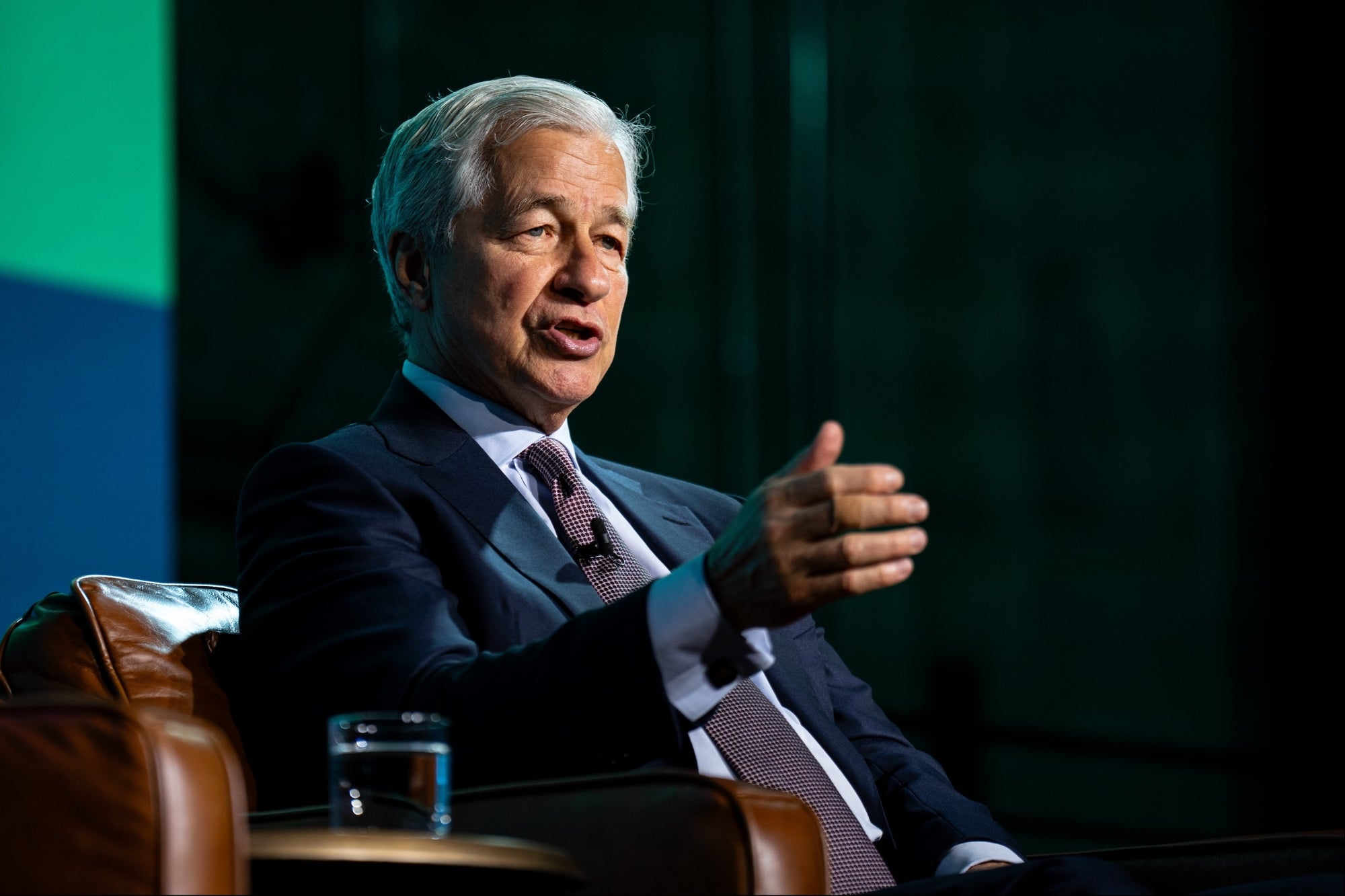When Should You Start Paying Yourself? Of course, you have your own personal expenses to deal with, but there is actually a sound business reason to give yourself a wage.
By Doug and Polly White Edited by Dan Bova
Opinions expressed by BIZ Experiences contributors are their own.
One of the most frequent mistakes small-business owners make is not paying themselves. BIZ Experiencess should compensate themselves at market rates as soon as the business can afford to do so.
Related: Paying Yourself: From Startup and Beyond
Many small-business owners need a paycheck to cover their personal expenses. Beyond that, it's critical for BIZ Experiencess to understand when their businesses are profitable. New ventures often struggle to find the right business model. In general, companies shouldn't expand until the business model is profitable.
If it costs you $7 to make a widget that you are selling for $5, you can't make it up in volume. Unfortunately, if the owner isn't compensating him or herself, it can be difficult to know when the business model is profitable.
Further, if the owner is receiving compensation, the business can expand more easily. Many small businesses struggle with hiring a new employee. They just don't have the cash flow to do it. If the owner is receiving compensation, it can be reduced for a period of time. This will provide the business with cash to pay the new employee who is performing some of the work that the owner used to do. The owner then has time to grow the company and replace his or her lost compensation.
Related: Starting a Business? When to Scrimp vs. Splurge.
A business can afford to pay its owner when there is cash left over after all of the current liabilities of the business have been met. It is likely that future obligations can be paid out of projected revenue, and there are no investment opportunities that would require leaving cash in the business. Obviously, in making these judgments, the owner will weigh his or her personal need for cash against those of the business.
Owner compensation should be set at market rates for the job that he or she is performing. If the owner had to hire someone to do the job that he or she is executing, how much would the business have to pay to attract and keep such a person?
Once all current expenses of the business are met and the owner is paid a market rate for his or her work, any remainder is profit. Of course, whether the profit is left in the business or paid out as dividends, it belongs to the owner as well. Profit is the benefit the owner receives for accepting the risk of being in business.
Related: How Much Should You Pay Yourself?











